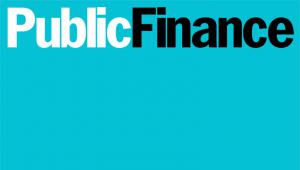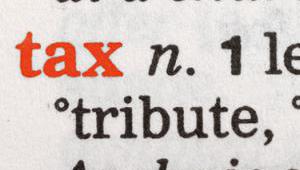It has outlined its plans in a new consultation document issued by Revenue & Customs, which states that enablers of tax avoidance could be fined up to 100% of the tax underpaid by users of their schemes.
The proposals are another signal that the government is seeking to get tough on tax avoidance. Earlier this year it completed a consultation on new draft legislation that would make it a criminal offence for corporations that fail to prevent the facilitation of tax evasion, and set up a taskforce to investigate tax evasion in the wake of the publication of the Panama Papers.
At present, tax avoiders face penalties when HMRC defeats them in court. However, according to a statement from the government, those advising on or facilitating the avoidance currently bear little risk. It said: “The government is acting to make sure that tax avoidance is rooted out at source and this action will target all those in the supply chain of tax avoidance arrangements.”
Announcing the consultation, financial secretary to the Treasury Jane Ellison said: “People who peddle tax avoidance schemes deny the country… vital tax revenue and this government is determined to make sure they pay.
“Those who seek an unfair advantage, or who provide the services that enable it, and who then frustrate HMRC's efforts to identify, investigate and resolve these cases, should bear real risks and costs for their choices.”
The vast majority of such schemes do not work, she said, and often land their users in court facing large tax bills and other costs. The new sanctions are designed to make would-be enablers think twice, and in turn, reduce the number of schemes on the market.
An all-party parliamentary group also recently criticised global efforts to combat tax evasion and the UK’s role in this process. Dame Margaret Hodge MP, who chaired the group, said the government had been two-faced by publically supporting tax reforms, while simultaneously rejecting OECD recommendations and failing to act to bring Britain’s overseas territories and dependencies to heel on the issue.
Barry Johnston, the director of policy at global charity ActionAid, welcomed the announcement. However, he highlighted tax avoidance was a global problem that could not be solved by the UK alone, and urged the government to explore the role of UK tax advisers in avoidance schemes overseas.
“Given developing countries lose an estimated $200bn a year to corporate tax avoidance, leaving the schools and hospitals women and children rely on starved of resources, the government also needs to examine the role of UK tax advisers in tax avoidance schemes in poor countries,” he said.
He expressed the hope that Theresa May would be the prime minister “who finally takes on the scourge of corporate tax avoidance.”
He added: “Tackling British overseas tax havens, ending the race to the bottom on corporate tax rates and stopping the artificial shifting of profits around the world would send a powerful signal.”
Dr Guanming He, assistant professor of accounting at Warwick Business School, said these reforms could prove beneficial to government finances. He said: “Enforcing this policy will be conducive to an increase in fiscal income for the UK government. The fact some auditors will be constrained from providing tax advisory services is good for the taxpayer.”
The government is seeking responses on the plans by 12 October from members of the public, representative bodies, advisers and promoters, as well as businesses and individuals who may have received marketing material relating to tax avoidance products or services.




















